It’s crunch time! With little more than a month left, the General Assembly is in overdrive right now. Hearings are taking place and bills are being heard, considered, and voted on! Over 2000 bills have been introduced this year, and RIFPC’s bill tracker is currently following 165 acts that would impact Rhode Island’s food system. In coming weeks, the FY24 budget will begin to get hammered out.
Three of our Work Groups are actively advocating on key legislation impacting their areas of the food system. The Wasted Food Solutions Work Group has been leading advocacy efforts and educating decision-makers throughout the state on the importance of creating a tax credit for food donation. Our Farmland Access Work Group has been collaborating with local partners to push for including $5 million dollars in the state’s budget for farmland preservation. Two key policy areas – healthy school meals for all and mitigating the benefits cliff – have been the focus of advocacy efforts for the Food Access Work Group. All of our Work Groups are taking this legislative session to educate and advocate on these and other priority issues for our network members. .
RIFPC continue to closely monitor key legislative priorities, described in more detail below:
- HB5803/SB517: Both bills, introduced by Rep. McGaw and Sen. DiMario respectively, would provide a tax credit for food donation by qualified taxpayers to nonprofit organizations. The House Finance Committee heard HB5803 on April 27, at which point the Committee held the measure for further study. Our Wasted Food Solutions Work Group submitted testimony to educate legislators on the impacts that this legislation would have on food recovery and waste. Staff support for the Work Group, Josh Daly, went to the State House and gave oral testimony in support of the legislation. The Senate companion, SB517, had not been heard before the Senate Finance Committee as of today.
- HB5998/SB791: Introduced by Rep. Spears and Sen. DiPalma, this legislation would authorize the development of a sliding scale decrease in benefits as the participant’s earnings increase up to 250 percent of the federal poverty line. The Food Access Work Group provided testimony to the Senate Health & Human Services Committee on April 27 and to the House Finance Committee in support of HB5998 for its hearing on May 4. Several Food Access Work Group members were in attendance at the hearing to demonstrate the people-power behind this issue! Both Committees held the legislation for further study.
- HB5639: House Bill 5639 sponsored by Rep. Caldwell is our network’s preferred version of a Healthy School Meals for All bill. Not only does Rep. Caldwell’s legislation ensure universal school meals, the language goes further to establish new programs for local food purchasing and culturally responsive meals. The House Finance Committee heard the measure and held it for further study on May 2. The Food Access Work Group provided written testimony at the hearing. Max De Faria, Senior Food Access & Nutrition Security Program Associate, gave oral testimony on behalf of the work group, sharing information on how the proposed new programs will support our local food economy while also uplifting food access and security. Unfortunately, there is no Senate companion to this bill.
- HJR6018/SJR560: These joint resolutions, introduced by Rep. and Sen. DiPalma, would appropriate $5 million dollars to the Rhode Island Department of Environmental Management for farmland preservation, protection, and conservation. The House Finance Committee heard the bill on May 17, where the measure was held for further study. Unfortunately, the Senate Finance Committees has not yet taken up the Senate Companion. Our Active Farmland Sub-Work Group submitted written testimony in support of HJR6018. Additionally, our Network Director, Nessa Richman, provided oral testimony on behalf of our network’s farmers, and Board President Diane Lynch shared oral testimony on the impacts of the state’s Agricultural Land Preservation Committee.
- HB5171/SB201: Introduced by Rep. Cortvriend and Sen. Valverde respectively, these two bills would expand Rhode Island’s current Food Waste Ban. The proposed changes would require that qualifying entities generating more than 52/tons of food waste per year and are located less than 30 miles from an authorized composting or anaerobic digestion facility to recycle that food waste. The House Environment and Natural Resources Committee heard the measure in mid-February and has not taken it up since. The Senate Environment and Agriculture Committee heard public comments on the bill and recommended it be held for further study. Our Wasted Food Solutions Work Group remains ferocious advocates, pushing for this legislation.
Look to our bill tracker each week for more updates! If you are interested in working on some or all of the key legislation we are tracking, join one of our work groups.

